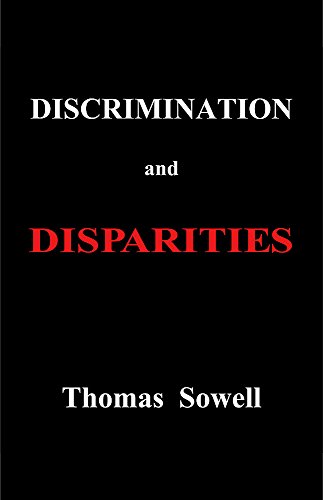Race is a subject about which we all feel slightly nervous these days, because whatever attitude you take to it, someone will call you a racist, an accusation from which no plea of innocence is allowed or believed. This is because it is almost impossible to be consistent about it; and it is why, in general, I avoid it as a subject.
We are told on the one hand that the very concept of race is an evil construction without objective validity, whose main purpose is to serve prejudice; on the other, perfectly respectable medical journals are full of papers in which race is used to categorize patients and to make epidemiological generalizations about them, for example that hypertension among blacks is relatively hard to treat, or that South Asians are highly susceptible to coronary artery disease.
Population genetics tells us that some genes are more frequently encountered in some populations than others, though of course populations meld into one another. But the fact that things are found on a continuum does not mean that there are no differences: The wavelengths of the rainbow are on a continuum, but that does not mean that red is no different from indigo or violet.
 Discrimination and Dis...
Best Price: $9.79
Buy New $10.00
(as of 03:40 UTC - Details)
Discrimination and Dis...
Best Price: $9.79
Buy New $10.00
(as of 03:40 UTC - Details)
In fact, it is difficult to escape race as a concept or accord it no importance, as we are convinced that we should do. Just how hard it is was illustrated for me when I picked up the Spanish liberal newspaper (liberal in the North American sense rather the economic sense) El País while waiting in an airport for a flight. There was an article in it by a Chilean who exuded both racial pride and shame.
The article included information that—assuming it to be true—was both new and interesting to me. In the past few years, Chile, whose birth rate has fallen below replacement level, like many countries in Europe, has been the destination of 150,000 Haitian migrants. They have chosen Chile because of its flourishing economy (no mention, of course, of who started the process). They work mainly in the booming agricultural sector.
According to the author, not all Chileans are happy with this, though it is an implicit compliment to their country, because they harbor racist sentiments, albeit that Chile is as far as possible from a racially pure country (if such a thing exists anywhere outside the North Korean imagination). Clearly the author thinks this is a very bad thing.




